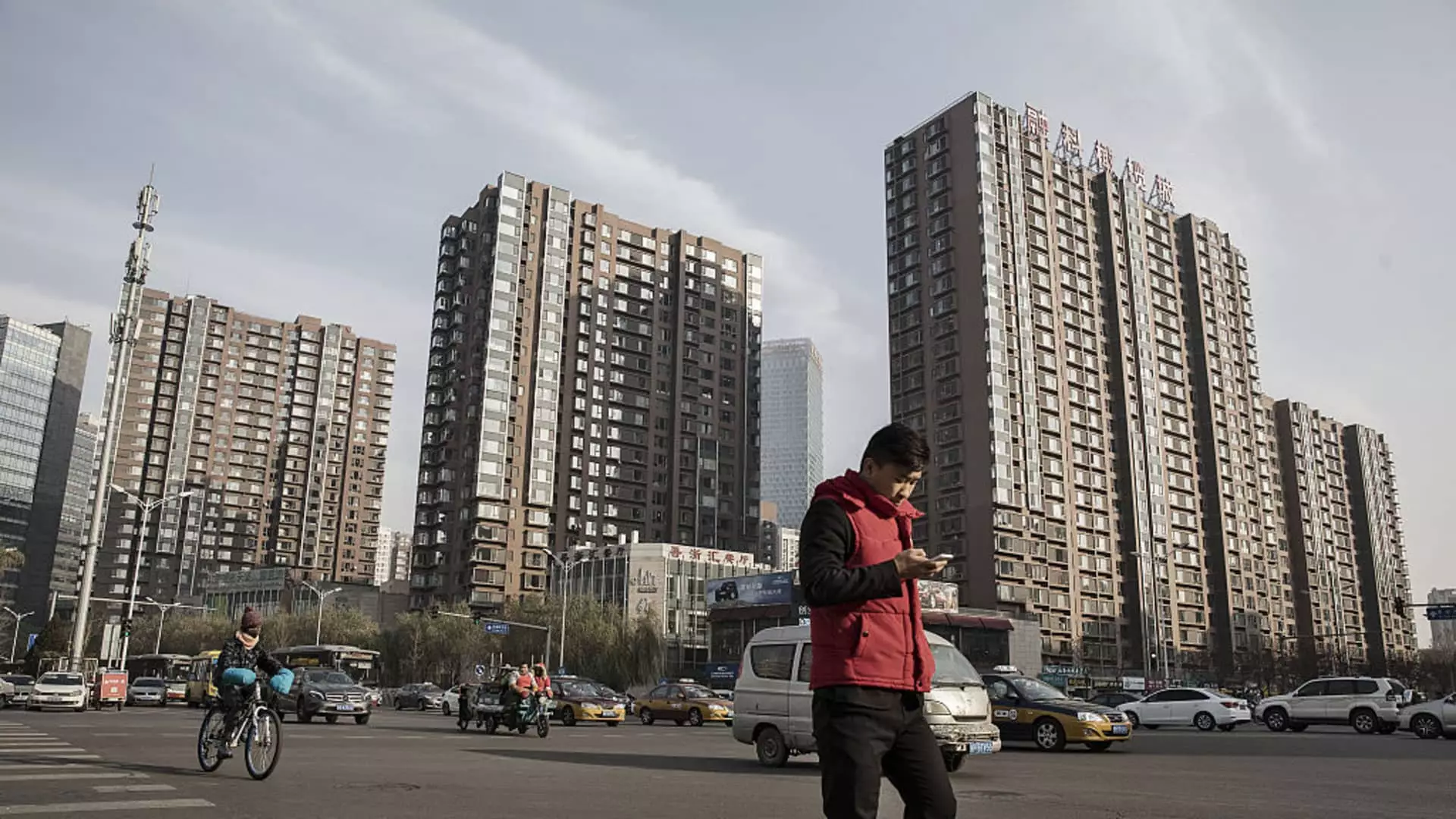China’s struggle with its real estate market is a tale of ambition curbed by caution, regulation, and a series of economic recalibrations. As the government strives to navigate the choppy waters of an ailing property sector, recent announcements signal a renewed commitment to financial support, aimed at stabilizing and revitalizing this pivotal component of the national economy. This article examines these developments and their potential implications for both the real estate market and the broader economic landscape.
At a recent press conference, Ni Hong, the Minister of Housing and Urban-Rural Development, emphasized the government’s resolve to provide increased financial backing for real estate projects designated as part of a ‘whitelist’. This initiative includes accelerating a significant credit infusion, with banks mobilizing a staggering 4 trillion yuan ($561.8 billion) towards worthy builders. This spirited financial push reflects broader governmental recognition of the necessity to invigorate a stagnating economy, especially in light of the real estate sector’s dwindling prospects since 2021.
The situation saw an unprecedented escalation in loan approvals, with 2.23 trillion yuan already sanctioned for whitelisted developers. This proactive measure indicates the government’s readiness to bolster a sector that has historically contributed more than a quarter of the country’s GDP. The calculated execution of these fiscal strategies reveals a delicate balancing act—encouraging growth without neglecting the discipline required to avoid a repeat of past excesses that led to the current downturn.
Despite recent positive developments, the determination to restructure or let failing developers go under reflects a somber realization of previous strategies’ limitations. Ni’s earlier remarks about the inevitability of some bankruptcies underscore the tension between supporting growth and enforcing fiscal responsibility. This mindful approach springs from a broader governmental reluctance to witness the same cyclical crises that have plagued the sector in the past.
It is essential to analyze whether the recent wave of financial initiatives will step up economic recovery or if they are merely a temporary balm on a festering wound. With the announcements of additional policy measures, including easing restrictions on home purchases in major cities such as Guangzhou, Beijing, and Shanghai, there is an undeniable shift in strategy. The intent behind these initiatives is to rekindle buyer confidence and stimulate demand amid plummeting sales that saw new home values drop dramatically by 23.6% by the end of August.
The stock market response to the announced measures provides an arena to gauge investor sentiment. With property stocks perking up and the Hang Seng Mainland Properties Index showing a notable increase, there’s a palpable sense of guarded optimism. However, juxtaposed against this, the volatility in trading indicates divergent views on whether these steps will translate into meaningful economic recovery.
While the immediate impact of policy adjustments, such as the reduction in reserve requirements for banks, suggests a measure of business rejuvenation, long-term stability remains precarious. The real estate sector, shattered by a slumping market following Beijing’s crackdown on high debt levels, harbors deep-rooted issues that require more than superficial financial remedies.
Looking Ahead: Challenges and Opportunities
As officials work to stabilize the market, the upcoming months will be crucial. The implementation of policies aimed at augmenting buyer support and confidence aligns with a broader narrative of recovery. Nevertheless, the challenges are multifaceted and will require ongoing diligence, creativity, and adaptability from policymakers.
A key challenge lies in ensuring that stimulus measures do not foster reckless borrowing once more—a pitfall that contributed significantly to prior financial crises. Maintaining control over debt levels while promoting growth will be critical moving forward. Furthermore, the global economic climate, influenced by factors such as supply chain issues and inflation, will undoubtedly play a significant role in shaping China’s recovery narrative.
While the short-term measures undertaken signal an urgent response to pressing economic needs, the path toward sustainable recovery hinges on a delicate interplay between support and structural integrity. Analysts and stakeholders alike will be watching closely to discern whether these initiatives can indeed reignite confidence in a sector that has, for too long, teetered on the brink.

